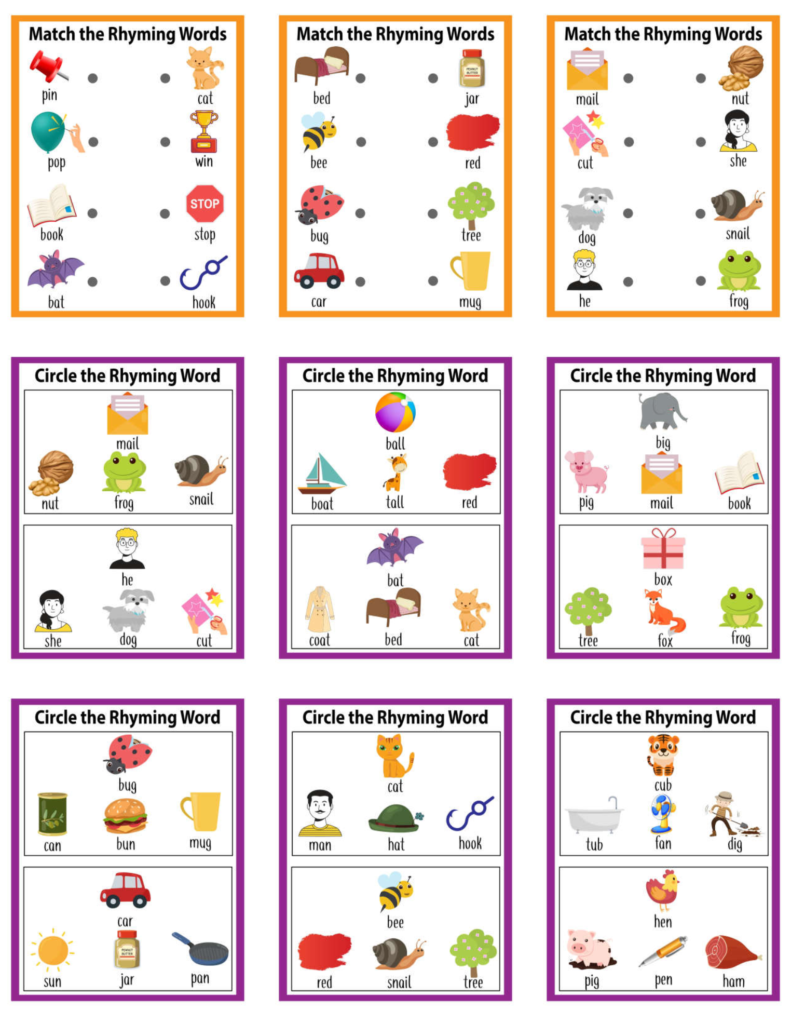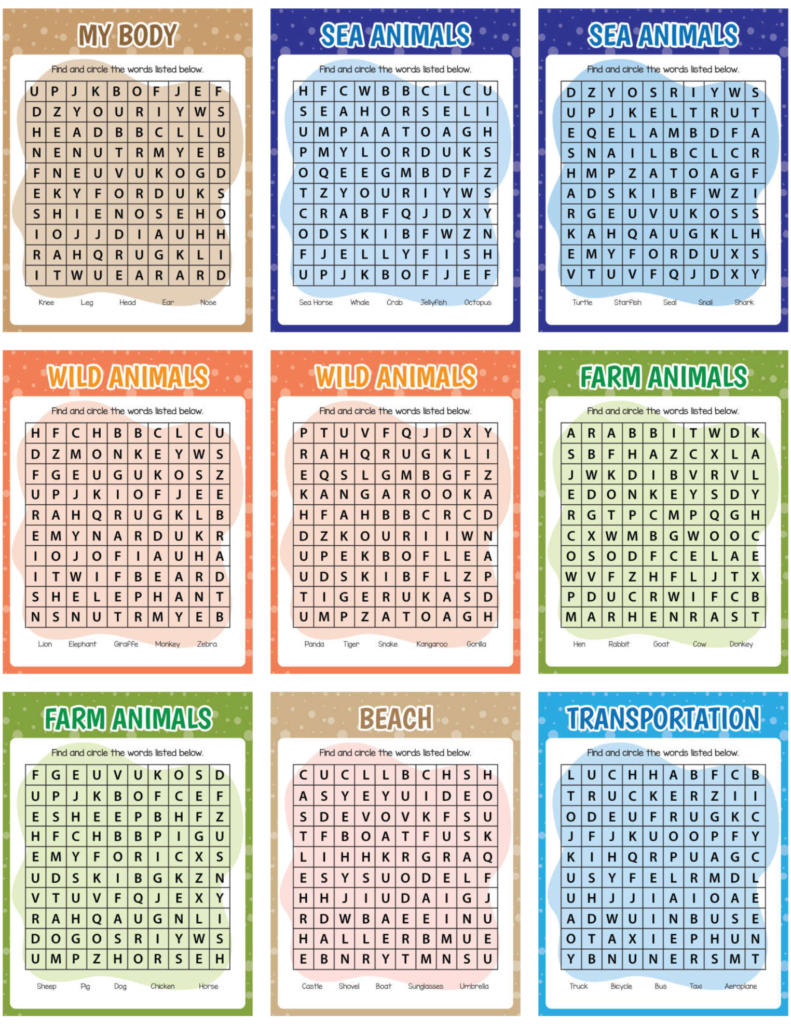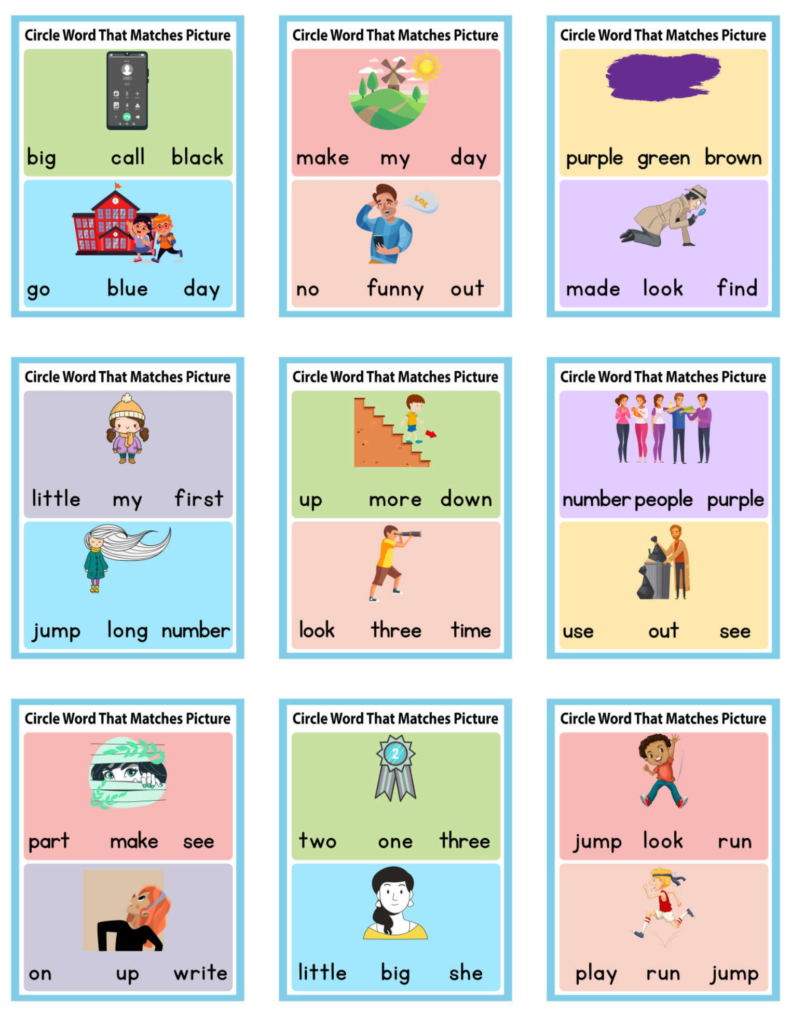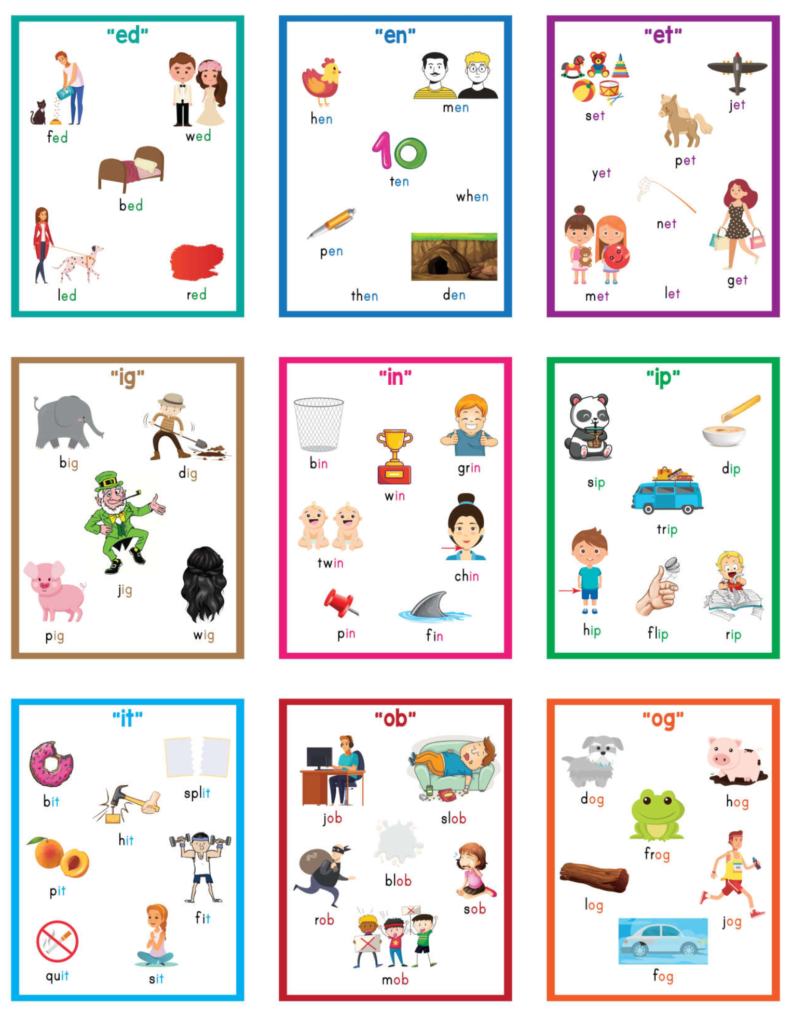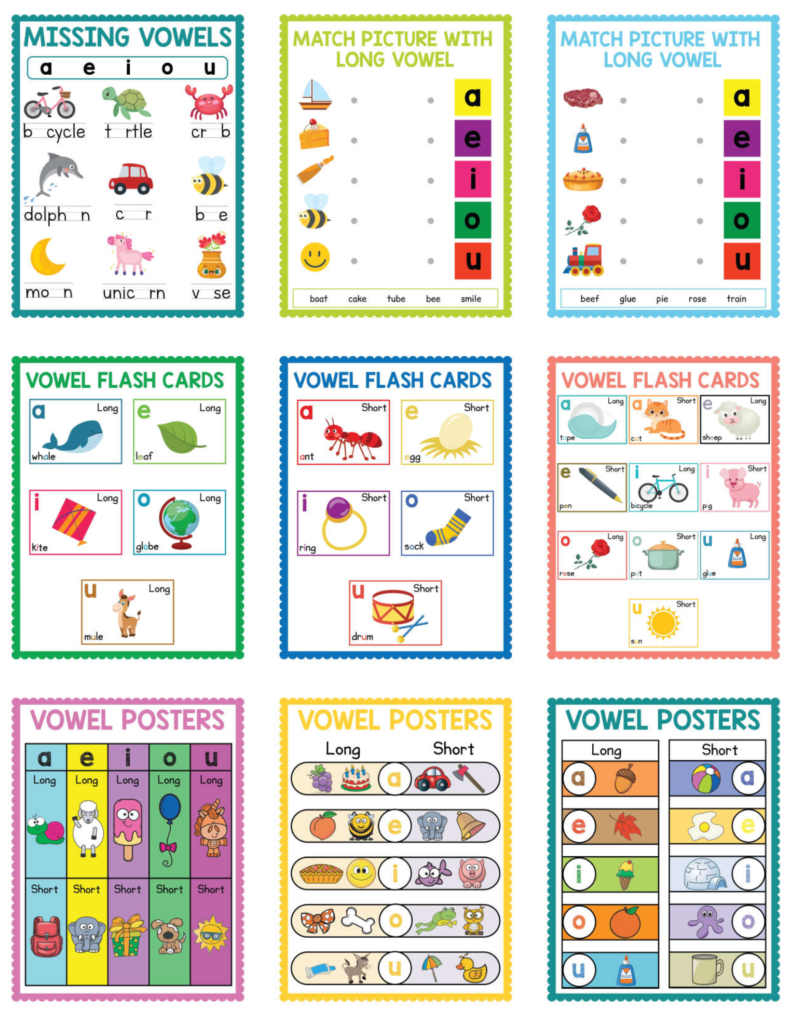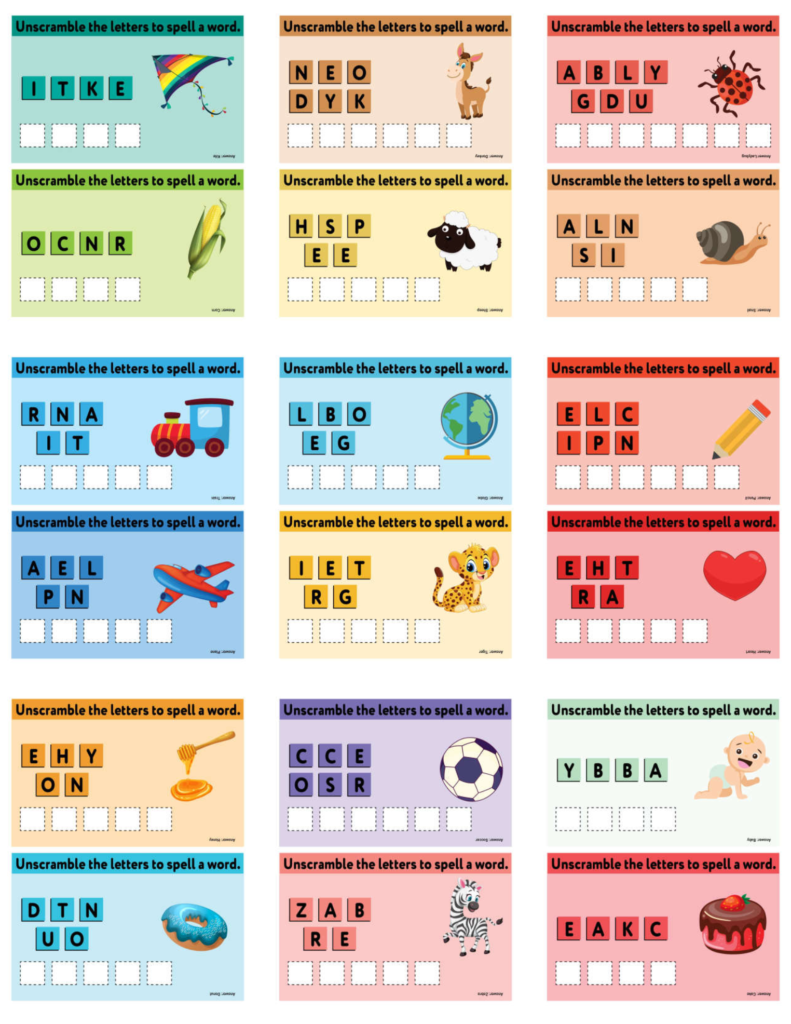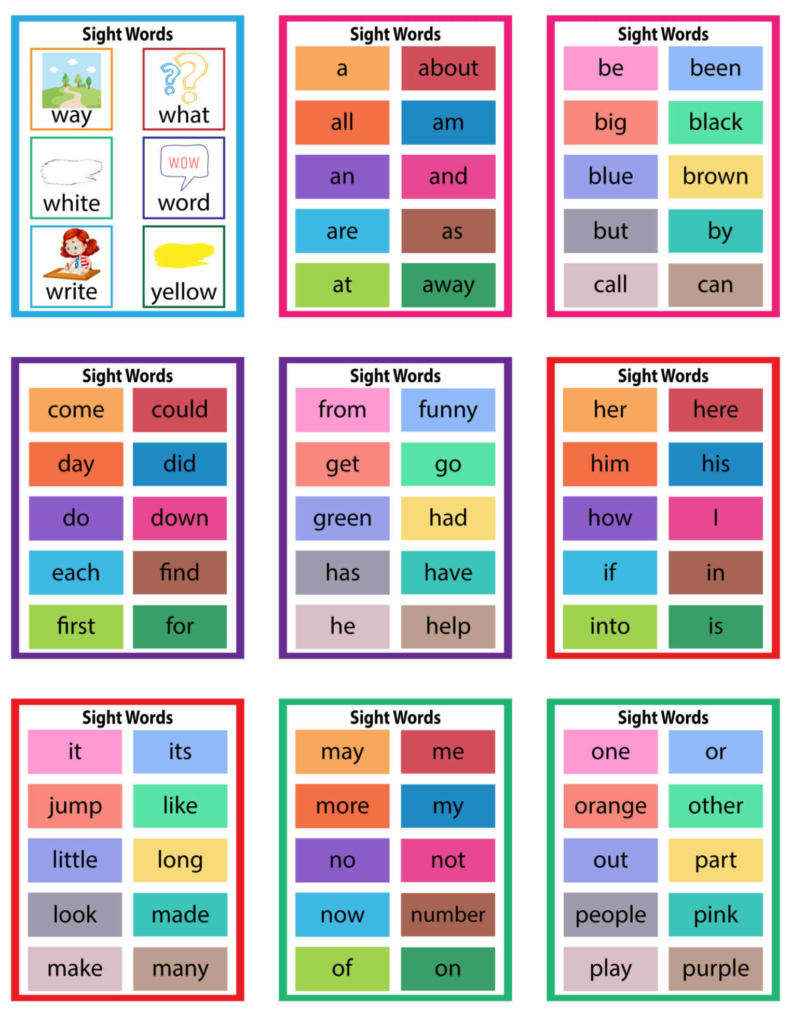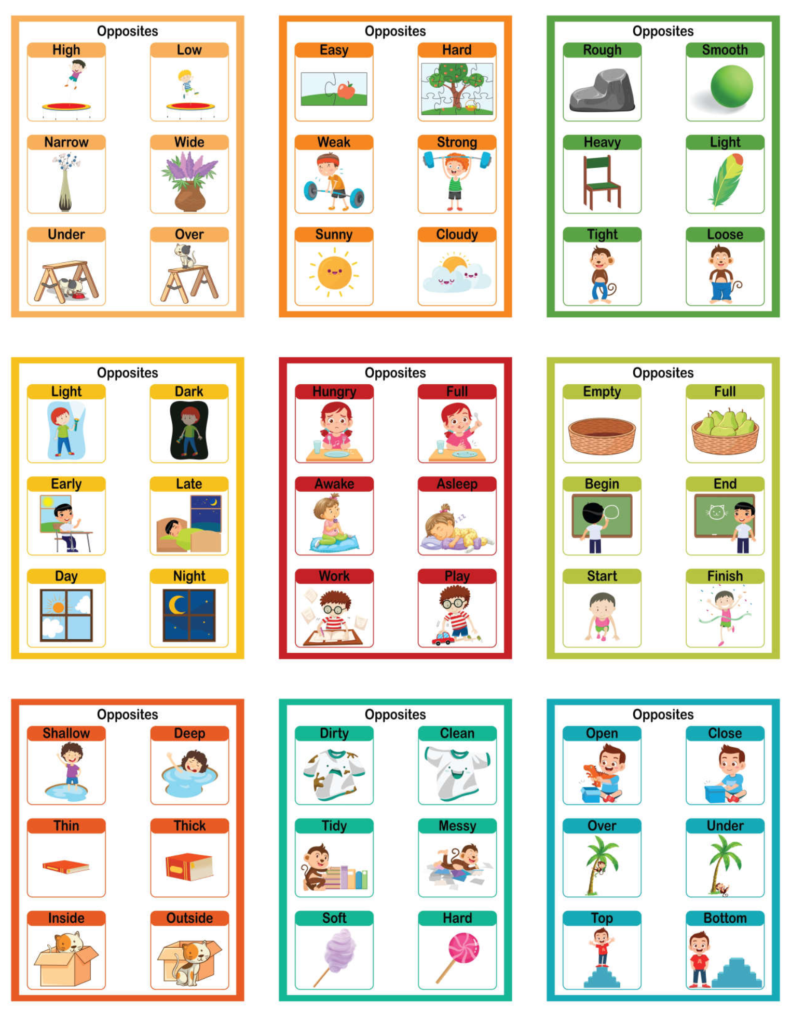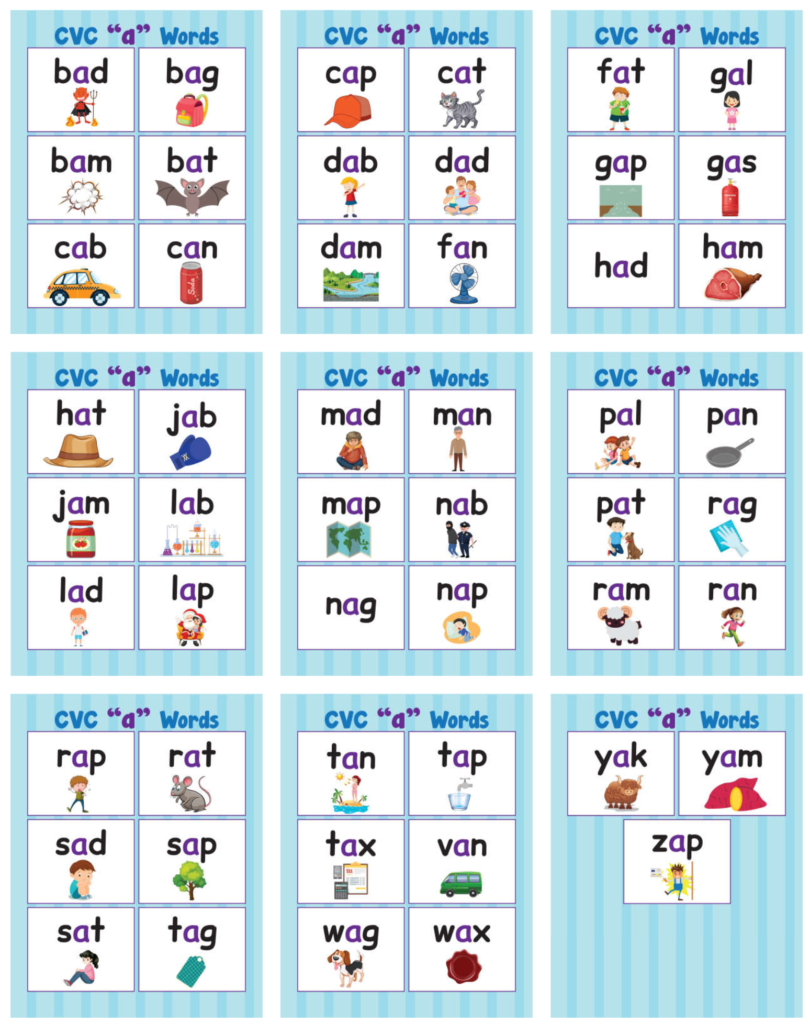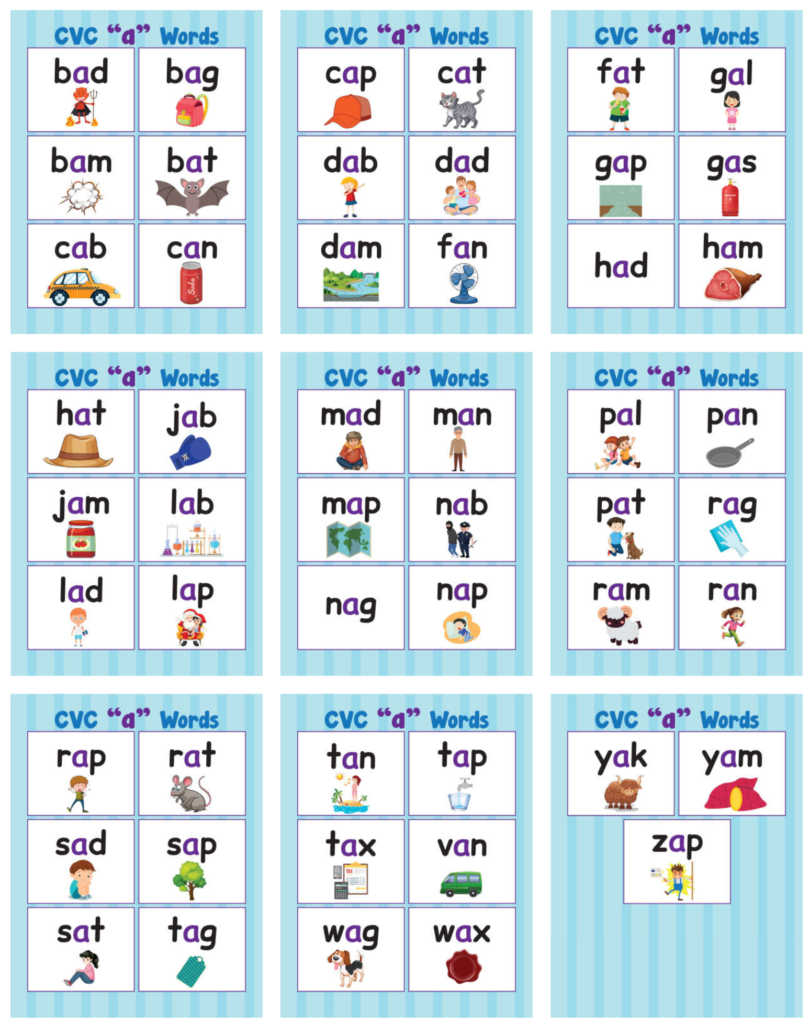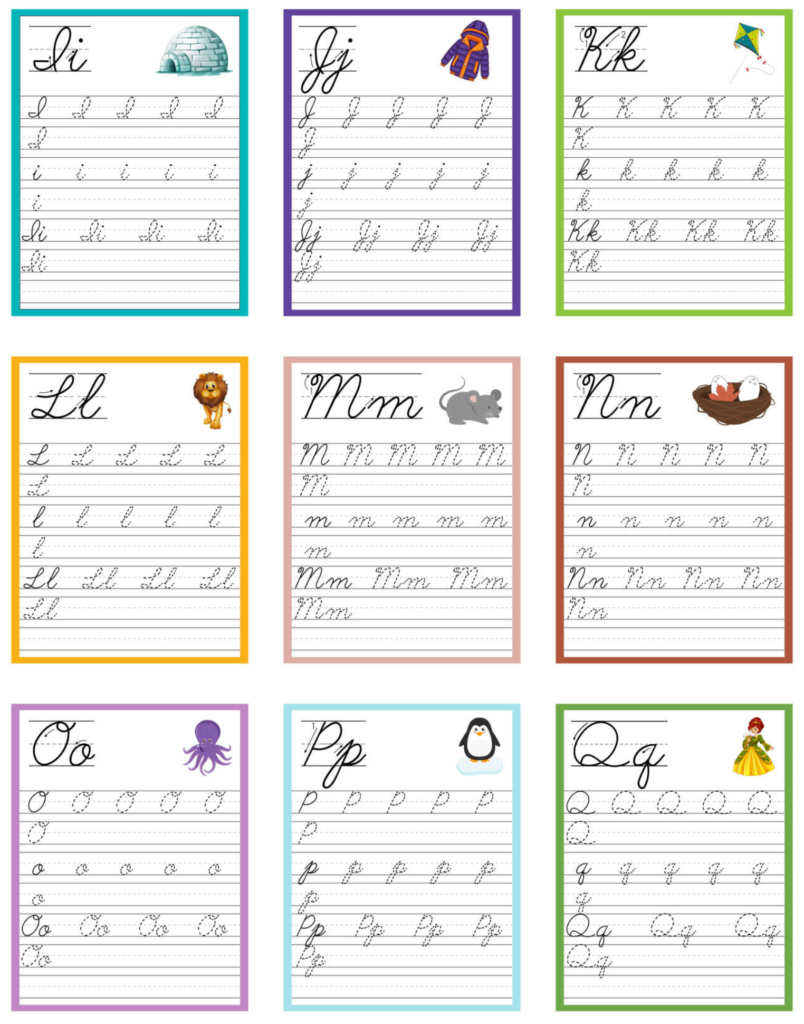Rhyming Words Worksheet
Download Free All Worksheets
The Wonderful World of Learning Worksheets
Table of Contents
Introduction to Worksheets
Worksheets are magical learning tools that make education fun and exciting! They come in all shapes and sizes, filled with colorful pictures, interesting puzzles, and challenging activities that help children learn important skills while having a great time.
Imagine having a treasure map that leads you to knowledge instead of gold - that's what worksheets are! They guide children through learning adventures in reading, writing, math, and much more. The best part? You can do them anytime, anywhere!
Survey of 1,000 parents about their children's worksheet usage
Different Types of Worksheets
There are so many kinds of worksheets, each designed to help with different skills. Let's explore some of the most common and exciting ones!
Word Search Worksheets
These are like hidden treasure hunts for words! Children scan grids of letters to find specific words hidden horizontally, vertically, or diagonally. It's a fantastic way to build vocabulary and improve spelling.
Word Recognition Worksheets
These help children quickly identify common words at a glance. They might involve matching words to pictures or circling specific words in a group.
Word Families Worksheets
These show how words are related through similar endings or beginnings. For example: cat, bat, hat, mat - they all rhyme and belong to the "-at" word family!
Vowels Worksheets
Focusing on A, E, I, O, U and sometimes Y, these worksheets help children understand these special letters that are in every word.
Unscramble Worksheets
Like solving a secret code! Children rearrange mixed-up letters to form correct words or sentences.
Sight Words Worksheets
These focus on common words that children should recognize instantly without sounding out, like "the", "and", or "you".
Rhyming Words Worksheets
Children match or generate words that sound alike, which is crucial for reading fluency and creative writing.
Opposites Worksheets
These teach children about contrasting concepts like hot/cold, big/small, up/down through matching or fill-in activities.
Match Letters Worksheets
Great for beginners learning the alphabet, these involve pairing uppercase and lowercase letters or connecting letters to pictures.
CVC Words Worksheets
CVC stands for Consonant-Vowel-Consonant (like cat, dog, pen). These simple words are often the first children learn to read and write.
Cursive Alphabet Trace and Write Worksheets
These help children learn beautiful cursive writing by tracing letters and then practicing them independently.
Beginning Sounds Worksheets
Children identify the first sound in words and match it to the correct letter, building important phonics skills.
Benefits of Using Worksheets
Why Worksheets Are Awesome Learning Tools
- Makes Learning Fun: Colorful designs and engaging activities turn learning into play
- Builds Confidence: Completing worksheets gives children a sense of accomplishment
- Improves Focus: Working on specific tasks helps develop concentration skills
- Reinforces Learning: Practice makes perfect! Worksheets help remember what's taught in school
- Tracks Progress: You can see improvement over time as worksheets get completed
- Encourages Independence: Children can often work on worksheets by themselves
- Flexible Learning: Can be done anywhere, anytime at the child's own pace
Based on teacher assessments of skills improved through worksheet practice
Most Popular Worksheet Types
| Worksheet Type | Popularity | Best For Ages | Key Skills Developed |
|---|---|---|---|
| Word Search | ★★★★★ | 6-12 | Vocabulary, Pattern Recognition |
| Sight Words | ★★★★☆ | 4-8 | Reading Fluency |
| CVC Words | ★★★★☆ | 4-7 | Early Reading, Phonics |
| Rhyming Words | ★★★☆☆ | 4-9 | Phonemic Awareness |
| Beginning Sounds | ★★★☆☆ | 3-6 | Letter-Sound Recognition |
| Unscramble | ★★★☆☆ | 7-12 | Spelling, Problem Solving |
How Effective Are Worksheets?
Research shows that worksheets can significantly boost learning when used properly. Here's what studies have found:
- Children who regularly complete worksheets show 28% better retention of material
- Worksheets combined with hands-on activities improve learning by 40% more than worksheets alone
- 85% of teachers report that worksheets help reinforce classroom lessons
- Kids who use colorful, engaging worksheets are 3 times more likely to complete them willingly
Fun Fact!
The word "worksheet" first appeared in the early 1900s when teachers started using paper-based exercises to supplement textbooks. Before that, students mostly learned by copying from blackboards!
Tips for Using Worksheets Effectively
Making the Most of Worksheets
- Start with easier worksheets to build confidence before moving to harder ones
- Set a regular time for worksheet practice to establish a routine
- Keep sessions short - 15-20 minutes is ideal for young learners
- Offer praise and encouragement for effort, not just correct answers
- Make it fun with colorful markers, stickers for completion, or turning it into a game
- Review mistakes together to turn them into learning opportunities
- Mix worksheet types to keep things interesting and work different skills
Age-Appropriate Worksheets
| Age Group | Recommended Worksheets | Focus Areas |
|---|---|---|
| 3-5 years | Beginning Sounds, Match Letters, Simple Tracing | Letter recognition, Fine motor skills |
| 5-7 years | CVC Words, Word Families, Rhyming Words | Basic reading, Phonics |
| 7-9 years | Sight Words, Word Search, Unscramble | Reading fluency, Vocabulary |
| 9-12 years | More complex Word Searches, Cursive Writing | Spelling, Writing skills |
Percentage of worksheets typically completed by children in different age groups
Conclusion
Worksheets are powerful tools that make learning engaging and effective for children of all ages. From building basic reading skills with Beginning Sounds worksheets to mastering vocabulary with Word Searches, there's a worksheet for every learning need and level.
Remember, the best worksheets are those that challenge children just enough to be interesting but not so much that they become frustrating. When used as part of a balanced learning approach that includes hands-on activities and real-world experiences, worksheets can help children develop essential skills while having fun.
So grab some colorful pencils, find some great worksheets, and let the learning adventure begin!
